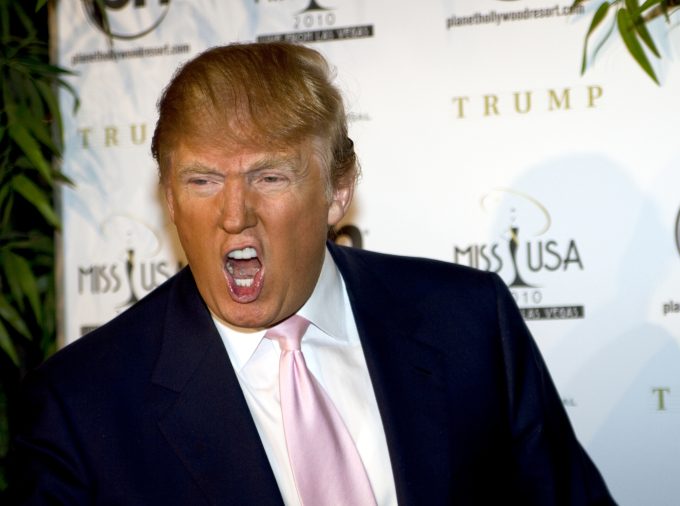EC ready to talk with US on tariffs – but a deal 'must be mutually beneficial'
The European Commission (EC) is “ready to find mutually beneficial solutions” with the US amid ...

Quartz has summarised fairly succinctly the main problem with The Donald’s plan to push exports and punish importers: they tend to be one and the same. Mr Trump said last year “we tax and regulate and restrict our companies to death, then we allow foreign countries that cheat to export their goods to us tax-free”. But an economist has shown that the biggest importers and exporters – as those who manage their supply chains will know – are often the ...
Predatory rivals circle as the ripples from DSV's Schenker buy widen
MSC Elsa crew face criminal probe, as Wan Hai 503 firefighters battle on
Latest Israeli attack on Iran a threat to box ships in Straits of Hormuz
DHL Express facilities in Canada forced to shut down by strike
Industry concerns rise after yet another box ship on fire off Indian coast
'It's driving us mad', say forwarders as US court fails to end tariff turmoil
European port congestion easing – for now
More legal trouble in India for MSC: feeder vessel detained after box ship disasters

Comment on this article